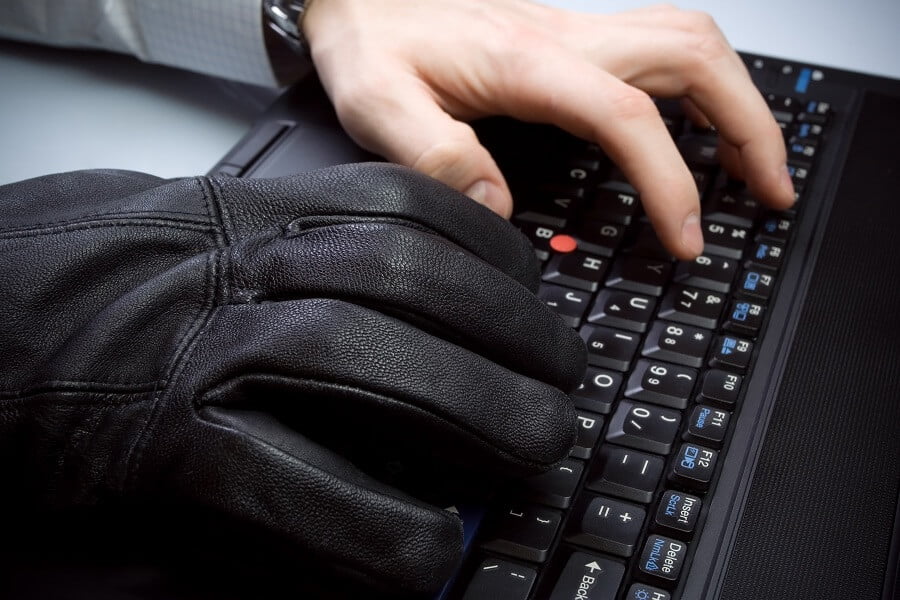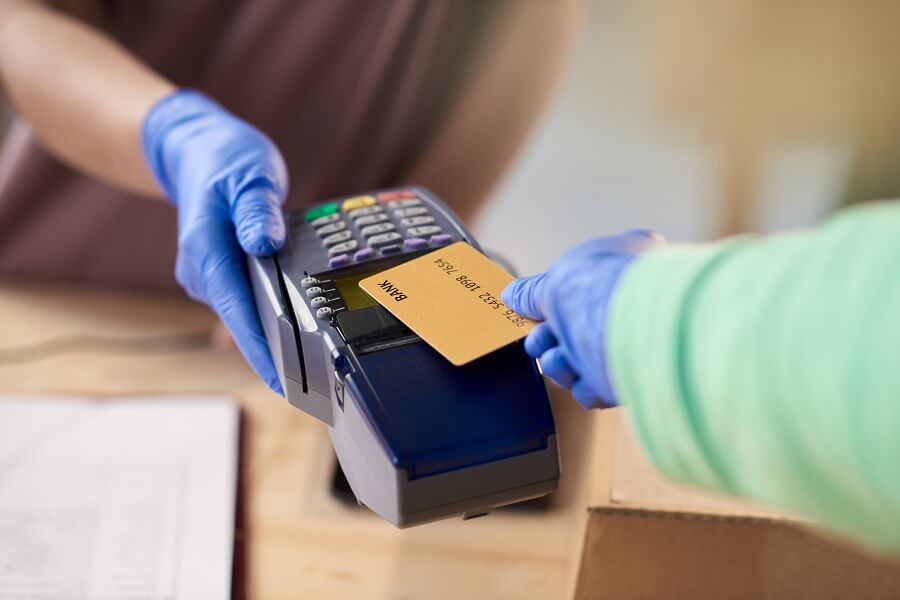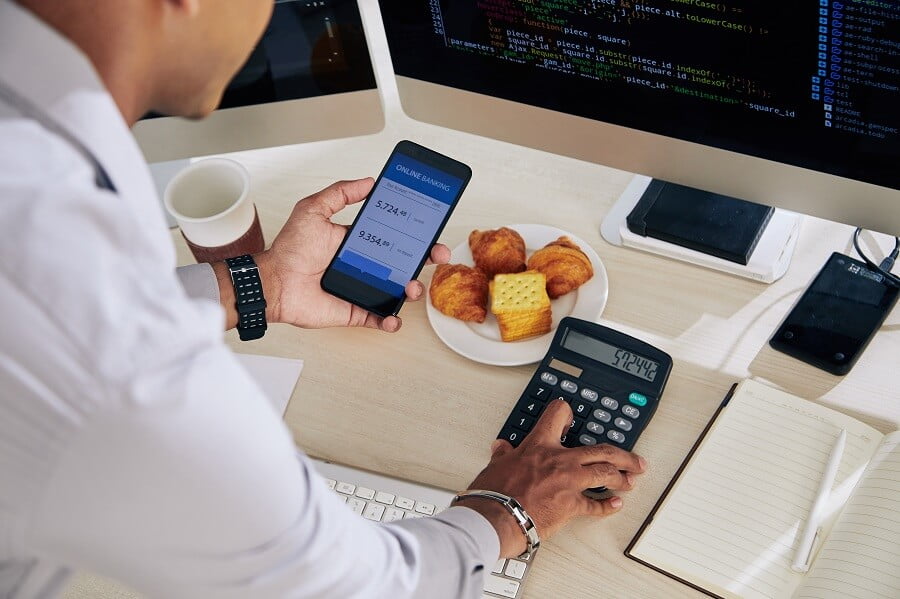
How Can You Protect Yourself from Becoming a Victim of Fraud or Theft?
Did you know that fraud is one of the biggest and most common crimes? It’s a crime that occurs in many forms. The reason why it’s so popular is that people are willing to take risks for personal gain. For fraud to happen, you have to be tricked into doing something that’s not in your best interest.
Unfortunately, fraudsters are always looking for new ways to take advantage of unsuspecting victims like you. The best way to protect yourself from fraud is by becoming educated about how fraud works so that you can identify it before it’s too late.
What Fraudsters Think About
The fraudster’s goal is to steal your money. The fraudsters think about what they are doing, how much profit they can get from it, and whether or not the risk of getting caught is worth the reward.
Fraudsters can tell when someone is an easy target. When they see somebody who fits the profile of a trusting victim, it’s like seeing “easy fraud opportunity” flashing over their heads in big letters.
How to Protect Yourself from Becoming a Victim
Keep your personal information private
The number one rule when it comes to personal information is not sharing any of your private details. To protect yourself, you should only share the most basic pieces or nothing at all.
The identification number on your driver’s licence, for instance, can be used by someone else in order to steal from you and this will ruin everything we have worked so hard on together as far as putting safeguards into place that are supposed to keep us safe.
Use caution when giving out credit card numbers over the phone or online

When fraudsters call you or send a message to your inbox, they are looking for information like credit card numbers. Make sure that you check with the company before giving out any personal details such as this.
Even companies that are legitimate can be hacked and your data will be compromised if there are no safety precautions in place.
This could lead to civil fraud, so be careful when you are dealing with any financial institution.
Avoid opening emails that appear to be suspicious in any way
Just because fraudsters send you an email doesn’t mean that they have your best interests at heart.
There are all sorts of messages fraudsters use to get into people’s heads in order to take advantage of them or the company where they work for instance. In fact, one of the most popular frauds is phishing scams. They are emails pretending to come from a reputable company and seem like they’re legit because they portray themselves as authentic or authorized sources of an email notification.
The message might be well-written and professional but always beware before opening it or clicking on any links.
Be aware of what you’re doing while shopping online – make sure you are on a reputable site and not clicking on links from unknown sources
Let’s face it, shopping online is now the norm. Unfortunately, there are many scams and cons out in cyberspace just waiting to take your money away from you with a few simple clicks of your mouse or taps on your screen.
So be wary when clicking; make sure that what site you’re browsing has been vetted by others before sending any personal information through its payment portal.
Monitor your bank account to catch unauthorized charges or withdrawals early if they happen at all
If you suspect something is up with your bank account, don’t just hope that it’ll go away. Monitor the transactions to find out if someone has been using or withdrawing money without permission early on and before any damage can be done.

Online banking should allow you to set up fraud alerts and security measures that will alert you if your account is attacked or used without permission.
Don’t give out too much personal information about yourself when talking with someone new – keep it simple until you know them better
It may feel like you’re getting to know someone well when they ask questions about your relationship status or what college you attended, but this is actually the easiest way for them to gather information on how best to manipulate and use that knowledge against you in future conversations.
You can keep yourself safe from fraud by being vigilant about who you share personal details with. You should not reveal all of your background when first meeting someone.
What to Do Upon Fraud Detection in Queensland
Fraud is a major crime in Queensland with the maximum penalty of 12 years’ imprisonment where applicable. Created by section 408C under the Criminal Code Act 1899, Fraud may be punishable to such extent if found guilty after trial or pleading under charges and evidence presented against you at court.
Upon detection of fraud, one should first consider whether to report the situation. If there are witnesses and you have evidence that can back up your claims then it may be worth filing a police report or contacting an insurance company directly in order to process any compensation claim if appropriate.
If fraud is detected and not reported, then it may result in a larger financial loss or damage to your reputation.
If you have become a victim or have been charged with fraud, and you require legal advice or representation, please contact Bouchier Khan Lawyers. We have offices in Toowoomba, Ipswich and Brisbane and are ready to speak with you.
This article is of a general nature and is intended for information only. It should not be relied upon as legal advice. If you require further information, advice or assistance for your specific circumstance, please contact us at Bouchier Khan Lawyers.
